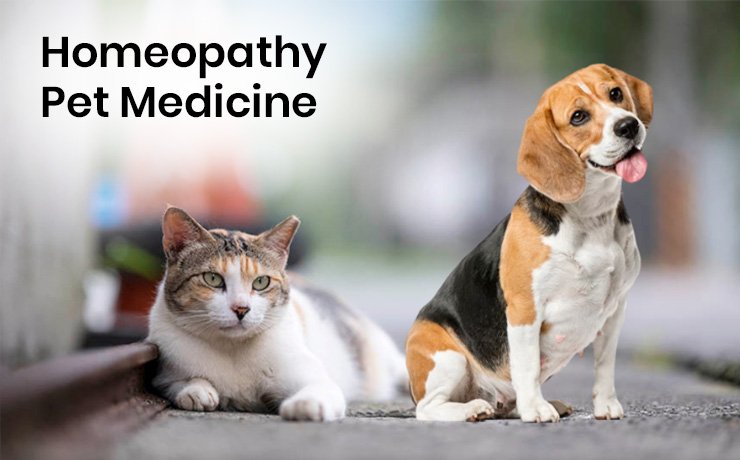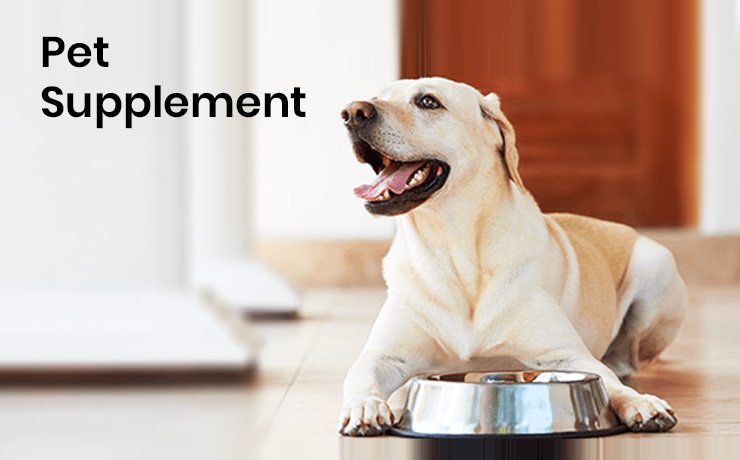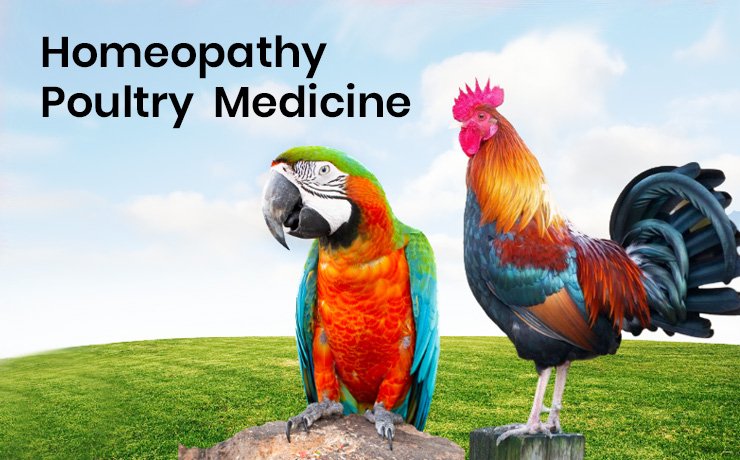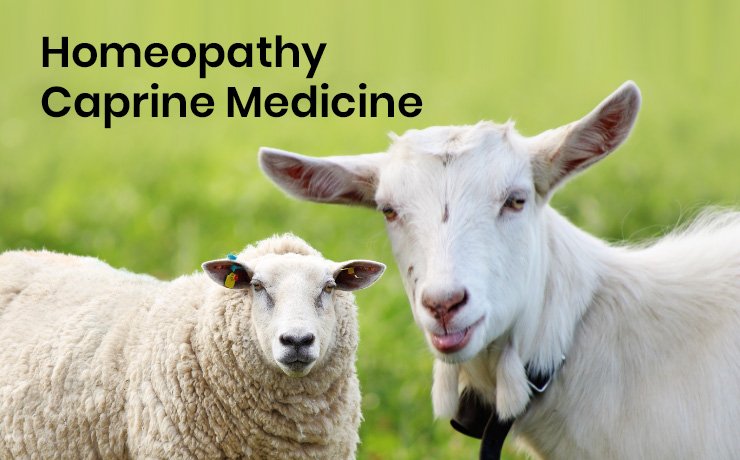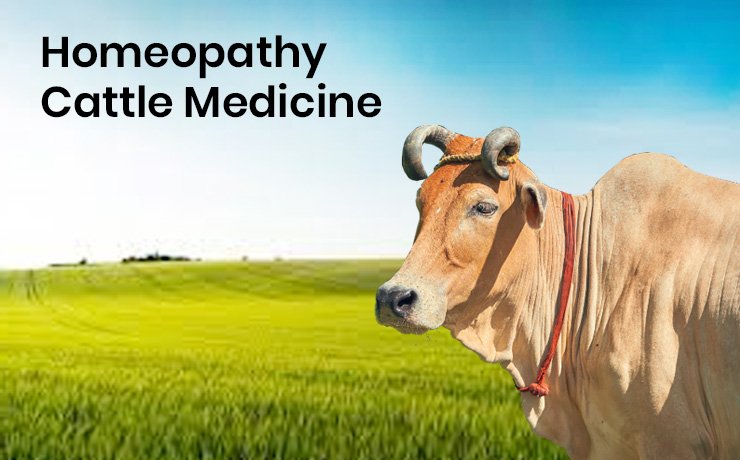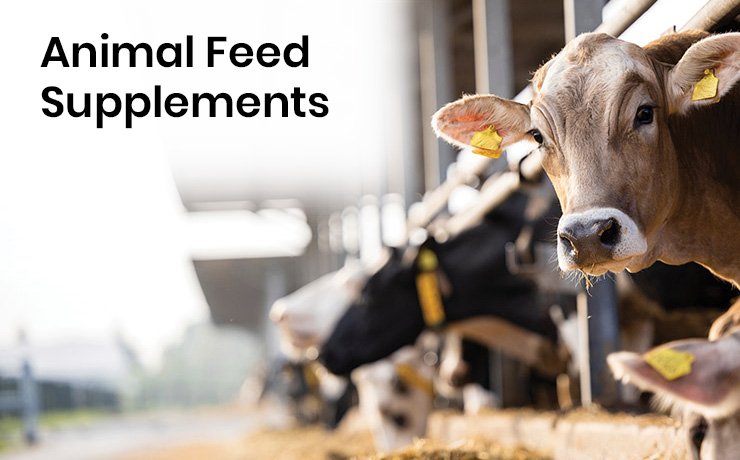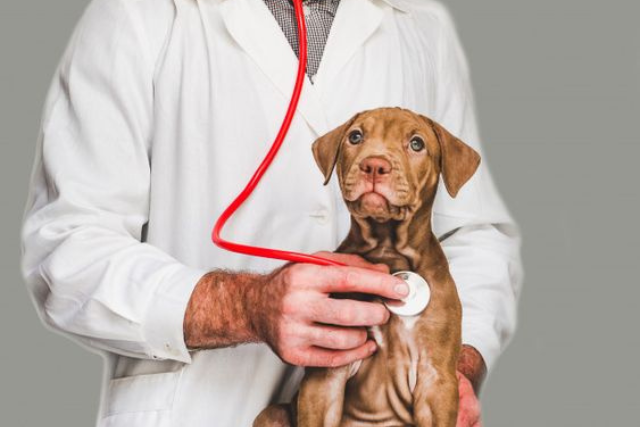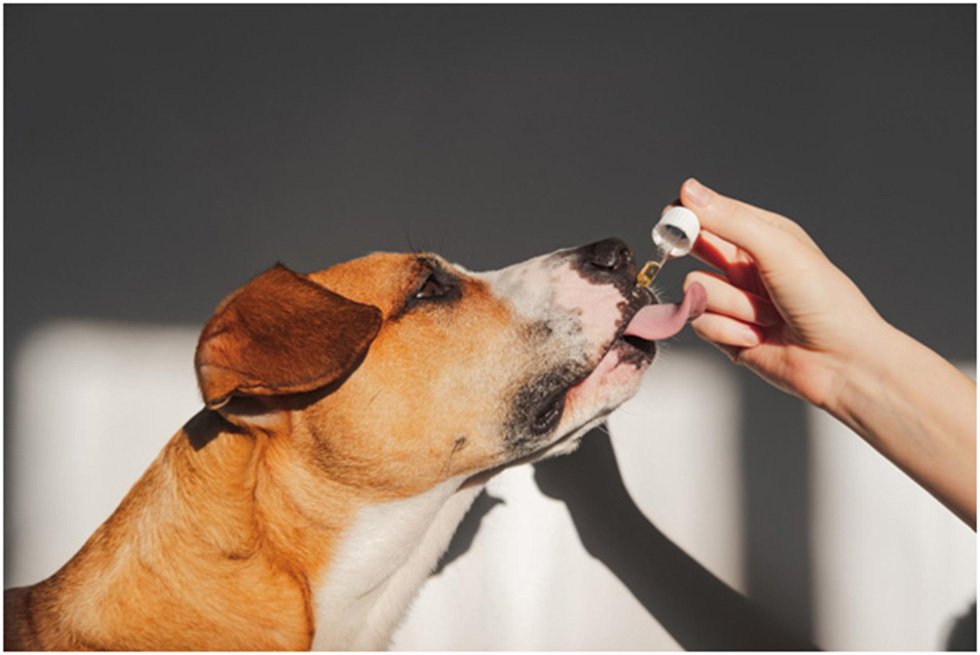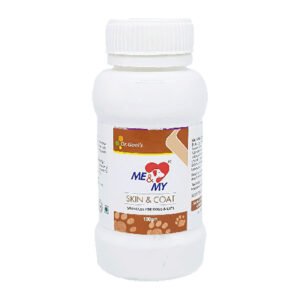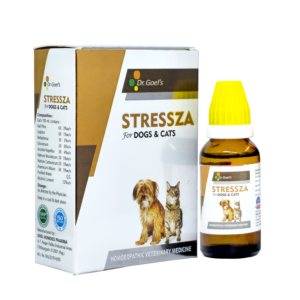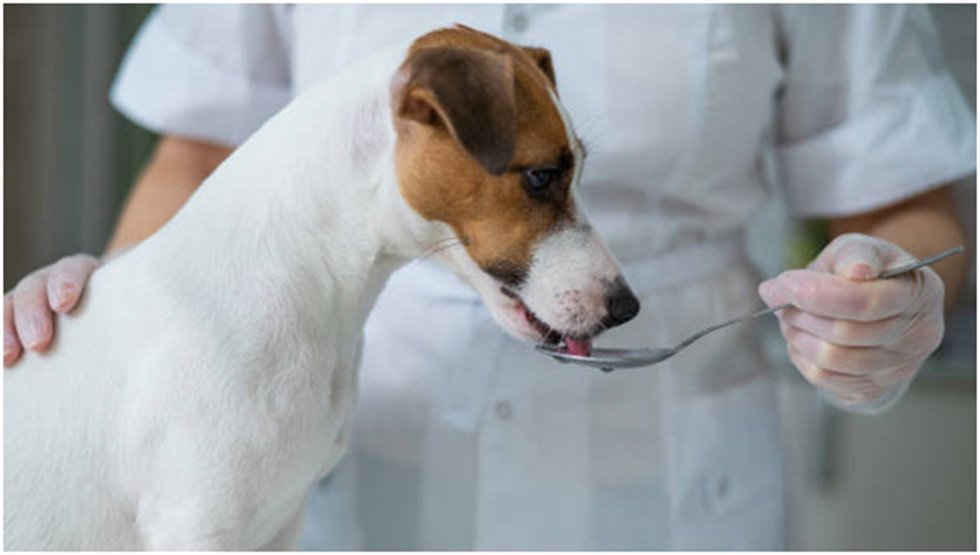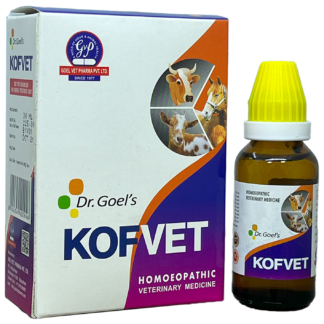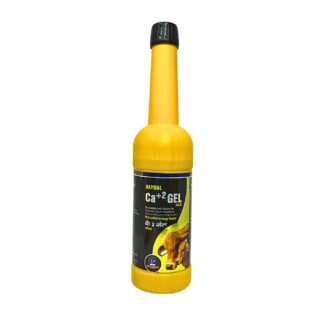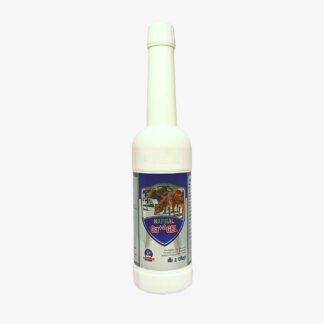Navigating Rainy Seasons: A Guide to Livestock Care and Management

The rainy season brings about a refreshing change after scorching summers, but it also presents unique challenges for livestock farmers. Proper Care and Management of Livestock in Rainy Season are crucial to ensure the animals’ health and well-being and maintain productivity. As an experienced livestock farmer, I understand the importance of providing accurate and practical information.
Understanding the Impact of Rainy Seasons on Livestock
The rainy season can bring significant changes to the environment, affecting livestock’s health and behaviour. Excessive moisture and humidity can create a favourable breeding ground for parasites like ticks and worms, leading to health issues like gastrointestinal infections. Additionally, muddy and waterlogged conditions can cause foot problems in livestock, resulting in lameness and reduced mobility. Understanding these impacts is crucial in developing a comprehensive care plan.
Shelter and Housing
Providing adequate shelter for livestock during the rainy season is essential to protect them from the elements. Ensure that the barns or shelters are well-ventilated and free from leaks to prevent moisture buildup and harmful fungi growth. Proper drainage systems around the shelters can help avoid waterlogging. Bedding material should be kept dry and changed regularly to maintain the comfort and hygiene of the animals.
Nutrition and Feeding
Maintaining proper nutrition during the rainy season is critical to support the health and productivity of livestock. Lush green pastures may seem abundant, but they can be low in nutrients and high in moisture content. Supplementing the animals’ diet with mineral blocks, protein-rich feed, and vitamins is necessary to meet their nutritional requirements. An adequate water supply is also essential to prevent dehydration, especially during heavy rainfall.
Controlling Parasites and Diseases
Rainy seasons can exacerbate the prevalence of parasites and diseases. Regular deworming and vaccinations are vital to protect livestock from gastrointestinal parasites and other common diseases.
Foot Care and Management
Muddy and waterlogged conditions can be harsh on the feet of livestock, especially hooved animals like cattle and horses. To Care and Management of Livestock in Rainy Season Regularly inspect their hooves and trim them if necessary to prevent overgrowth and lameness. Providing a clean and dry resting area can also help prevent foot-related issues.
Managing Livestock Behavior
During the rainy season, livestock behaviour may change due to discomfort and stress caused by environmental factors. They may seek shelter more often and not graze as much as usual. Observing their behaviour and making necessary adjustments to their care routine is essential.
Implementing Drainage Systems
It is crucial to implement proper drainage systems to prevent waterlogging and flooding in livestock areas. Ensure rainwater is diverted from the shelters and grazing areas to maintain dry and comfortable animal conditions. Consider using raised platforms or elevated resting areas to keep them away from damp ground.
Ensuring Veterinary Care and Monitoring
Regular veterinary check-ups and monitoring of the health of livestock are essential during the rainy season. Develop a good rapport with a qualified veterinarian who can provide expert guidance on managing livestock health during this challenging period.
Protecting Livestock from Thunderstorms
Thunderstorms during the rainy season can cause stress and anxiety in livestock. Provide safe and secure shelters for them to take refuge during thunderstorms. Keep them away from potential hazards, such as tall trees or electrical wires, that may be at risk of falling during storms.
Water Management
Proper water management is essential during the rainy season. Ensure water troughs and containers are cleaned regularly to prevent algae growth and other harmful microorganisms. Provide fresh and clean drinking water to avoid waterborne illnesses in livestock.
Nutrition and Feeding
Balanced Diet for Livestock
A balanced diet is crucial for livestock during the rainy season when access to nutritious forage might be limited due to waterlogged pastures. Supplement the animals’ diet with appropriate feed to meet their nutritional requirements. Consult a qualified veterinarian or an animal nutritionist to formulate a diet plan tailored to your livestock’s needs.
Ensuring Clean and Fresh Water
Ensure that water sources are protected from contamination and regularly check for any signs of waterborne diseases. Cleaning water troughs frequently will help prevent the growth of harmful pathogens.
Disease Prevention and Health Management
Vaccination and Deworming
Ticks and Fleas Control
Regular Health Checks
Foot Care
Conclusion
The rainy season can be challenging for livestock farmers, but with proper Care and Management of Livestock in Rainy Season , it can be a rewarding period of growth and productivity. By understanding the impact of the rainy season on livestock, providing adequate shelter, nutrition, and foot care, controlling parasites and diseases, and implementing drainage systems, farmers can ensure the well-being of their animals and maintain high productivity levels.
As an experienced livestock farmer, I have witnessed these practices’ importance in maintaining healthy and thriving livestock during the rainy season. Credible sources support the insights shared in this article and aim to provide accurate, relevant, and helpful information to fellow livestock farmers.
By following these guidelines and seeking advice from qualified veterinarians, livestock farmers can successfully navigate the rainy season’s challenges and provide optimal care for their animals. Remember, each farm and livestock may have unique needs, so tailor these practices to suit your specific situation for the best results.
Give your beloved companion the gift of good health and happiness. Explore our premium range of veterinary products specially crafted to cater to your pet’s unique needs.
Check Out: ABORTIGO for COW & BUFFALO
Check Out: DIASULE for CATTLE
 Australian Shepherd
Australian Shepherd Beagle
Beagle Belgium Shepherd
Belgium Shepherd Bernese Mountain Dog
Bernese Mountain Dog Border Collie
Border Collie Boxer
Boxer Bulldog
Bulldog Cavalier King Charles Spaniel
Cavalier King Charles Spaniel Chihuahua
Chihuahua Cocker Spaniel
Cocker Spaniel Dachshund
Dachshund Doberman Pinscher
Doberman Pinscher Dogo Argentino
Dogo Argentino French Bulldog
French Bulldog German Shepherd
German Shepherd Golden Retriever
Golden Retriever Great Dane
Great Dane Himalayan Shepherd
Himalayan Shepherd Indie Dogs
Indie Dogs Labrador Retriever
Labrador Retriever Pakistani Bully
Pakistani Bully Pembroke Welsh Corgi
Pembroke Welsh Corgi Pitbull
Pitbull Pomeranian
Pomeranian Poodle
Poodle Pug
Pug Rottweiler
Rottweiler Shih Tzu
Shih Tzu Siberian Husky
Siberian Husky Yorkshire Terrier
Yorkshire Terrier Abyssinian
Abyssinian American Bobtail
American Bobtail American Shorthair
American Shorthair Balinese Cat
Balinese Cat Bengal Cat
Bengal Cat Birman
Birman Bombay Cat
Bombay Cat British Longhair
British Longhair British Shorthair
British Shorthair Burmese Cat
Burmese Cat Devon Rex
Devon Rex Exotic Shorthair
Exotic Shorthair Himalayan Cat
Himalayan Cat Maine Coon
Maine Coon Oriental Shorthair
Oriental Shorthair Persian Cats
Persian Cats Ragdoll
Ragdoll Scottish Fold
Scottish Fold Siamese Cat
Siamese Cat Siberian Cat
Siberian Cat Sphynx Cat
Sphynx Cat



















